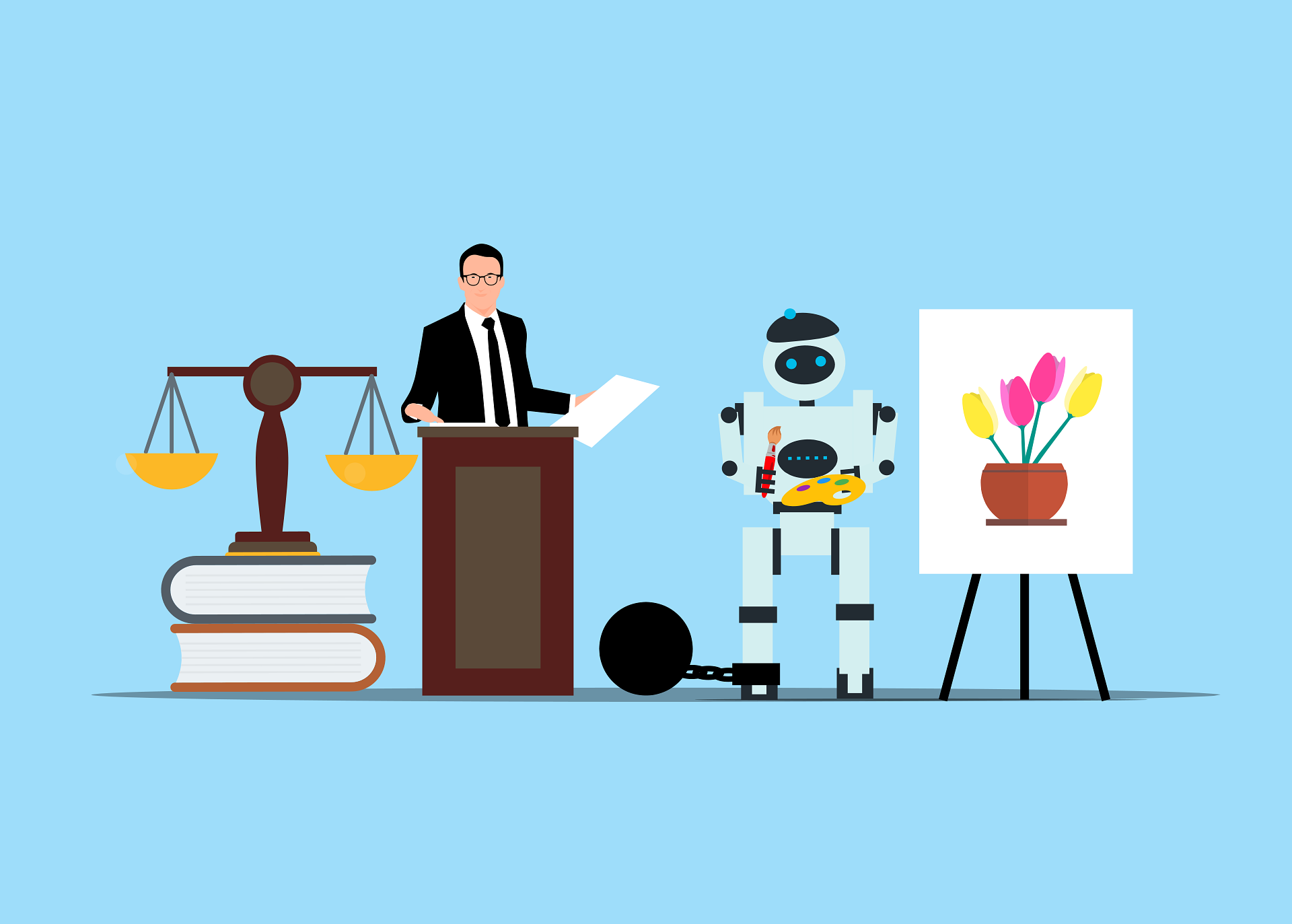
The Futility of Far-Future Forecasting: A Critique of 21st Century Singularity Predictions
In a world captivated by technological advancement, there exists a peculiar obsession with predicting exactly when machines will surpass human intelligence. The latest wave of prognostications suggests the singularity might arrive within a year, while others more conservatively aim for 2040, 2060, or somewhere before the century’s end. These predictions share one common trait: an unwarranted certainty about events decades away, despite history repeatedly showing how spectacularly wrong such long-term forecasts tend to be.
Consider the technological predictions made in the 1940s about the 2020s. Where are our personal nuclear reactors, the colonies on Mars, or the flying cars that populated the imagination of futurists? Instead, we received smartphones and social media – innovations nobody foresaw because the foundational technologies enabling them hadn’t been conceived yet.
The singularity predictions suffer from several critical blind spots. First is the assumption that intelligence develops linearly along a single axis where machines can simply accumulate more “processing power” until they surpass humans. This fundamentally misunderstands intelligence as a multidimensional concept encompassing not just calculation speed but emotional intelligence, creativity, physical embodiment, and social cognition – qualities developed through evolutionary pressure absent in machine learning systems.
Moore’s Law, cited religiously by singularity proponents, has already begun faltering as we approach the physical limits of silicon. Quantum computing, while promising, faces enormous engineering challenges that might take decades to solve, if they’re solvable at all. The path forward isn’t a smooth highway but a rocky terrain filled with unforeseen obstacles, breakthrough detours, and evolutionary dead ends.
The most amusing aspect of these predictions is their inherent contradiction: experts claiming to understand the developmental trajectory of superintelligent systems using intellects that would be, by definition, inferior to what they’re attempting to forecast. This is akin to a calculator predicting when humans will invent calculus – the conceptual frameworks needed to understand such leaps often can’t be grasped beforehand.
History teaches us that technological progress isn’t merely about raw computational power but about conceptual innovations that come from unexpected places. The internet wasn’t just faster telegraph networks; it represented an entirely new paradigm. Similarly, true machine intelligence, if it arrives, likely won’t be merely “human brains but faster” – it will be something we currently lack the vocabulary to describe.
So what can we responsibly say about the future? That change is indeed coming, but its exact form remains wonderfully unpredictable. While we should prepare for significant technological transformation, attaching specific dates to events decades away reveals more about human psychology – our desire for certainty in an uncertain world – than about technological reality.
The next revolutionary breakthrough likely lurks in an unexpected domain, developed by researchers working on problems seemingly unrelated to AI. And when it arrives, all our careful predictions will look as quaint as 1950s visions of robot butlers and atomic-powered vacuum cleaners appear to us today.

Founder and Managing Partner of Skarbiec Law Firm, recognized by Dziennik Gazeta Prawna as one of the best tax advisory firms in Poland (2023, 2024). Legal advisor with 19 years of experience, serving Forbes-listed entrepreneurs and innovative start-ups. One of the most frequently quoted experts on commercial and tax law in the Polish media, regularly publishing in Rzeczpospolita, Gazeta Wyborcza, and Dziennik Gazeta Prawna. Author of the publication “AI Decoding Satoshi Nakamoto. Artificial Intelligence on the Trail of Bitcoin’s Creator” and co-author of the award-winning book “Bezpieczeństwo współczesnej firmy” (Security of a Modern Company). LinkedIn profile: 18 500 followers, 4 million views per year. Awards: 4-time winner of the European Medal, Golden Statuette of the Polish Business Leader, title of “International Tax Planning Law Firm of the Year in Poland.” He specializes in strategic legal consulting, tax planning, and crisis management for business.



